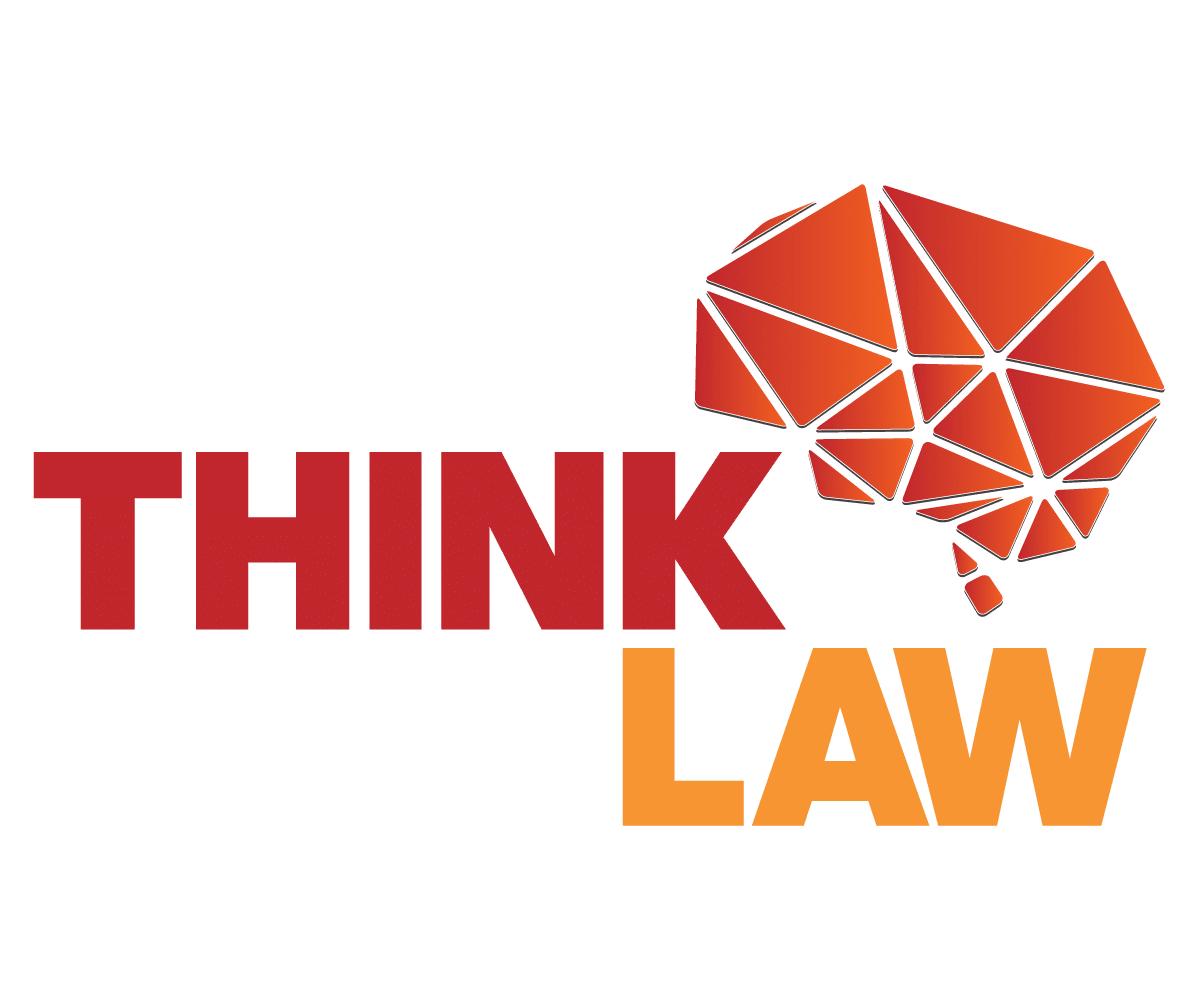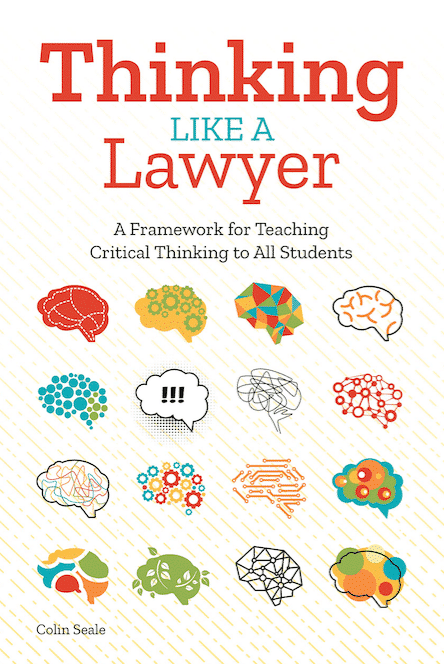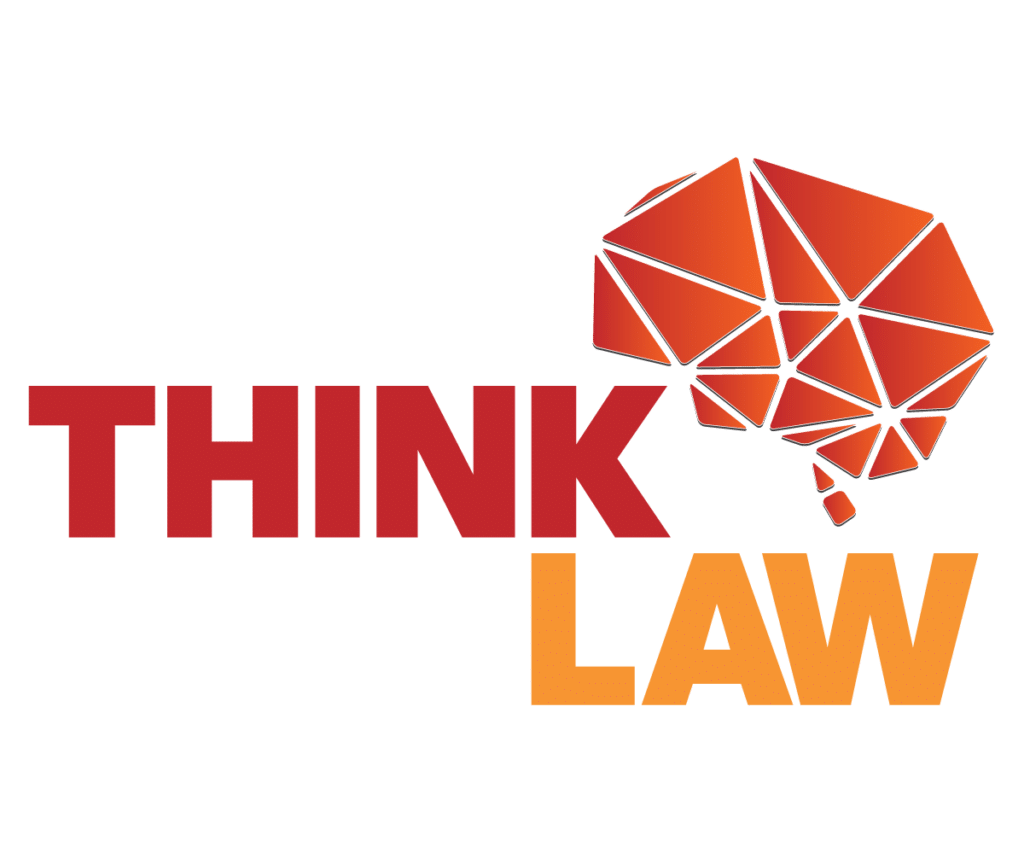I was in college when I got my very first cell phone. It made phone calls. That was it! Over the past few years phones and social media have rapidly changed and while there could be many debates over the benefits and problems this technology has created there is one thing for sure: technology has increased our exposure to ourselves. We’ve all had the experience of being faced with the image of yourself with 15 chins because you opened the camera on your phone only to find it was facing forward. Or having a friend post a picture of a social event where you are in the background at an awkward angle. We’ve all had those moments where we hear the sound of our own voices on video and think, “Do I really sound like that?” Those moments create a lot of self-consciousness.
Videotaping and analyzing classroom instruction has been proven to have many benefits for educators, yet we tend to do everything we can to avoid it. Most educators feel exposed when asked to tape themselves. They’re concerned about who will see the video and if it will be saved and later used against them.
Harvard’s Center for Education Policy Research did a 4 year study surrounding video-taping in the classroom called “Best Foot Forward.” They focused on the use of video as a tool in 5 different arenas: For self-reflection, collaboration, virtual coaching, evaluation, and as the means to build a video library.
Self-Reflection
Most educators spend time reflecting over their instruction. The problem with this practice is two-fold. Although teachers have super-hero-like powers they cannot see everything that’s happening in the classroom. Additionally, as humans (who are over-worked and over-caffeinated) our memories sometimes fail us. Video-taping a lesson addresses both of those issues. They allow educators to go back and see the full picture of what was happening during a class period.
The Harvard study identified mistakes that educators make when using videos for self-reflection. One issue was teachers dealing with excessive self-criticism. You’re not taping Keeping up with the Kardashians! You don’t have a camera crew, make-up and hair, wardrobe, and an exotic backdrop. Keep that in mind and practice some self-love. Another issue is that we tend to make ourselves the star of the show and only focus on what we were doing during class. What about the students? What were they doing? How were they responding? Shifting the focus increases effectiveness and takes the pressure off.
Collaboration
Despite the fact that teachers are rarely alone throughout the school day, teaching is a very isolating profession. Most teachers develop their skills alone through individual trial and error. Video-taping is a tool that can address that issue. Many teachers worry about videos capturing their mistakes, but what if you taped things that you do really well? Are you a rock star at creating hooks to get kids started? Tape it! Share it! What a powerful tool to mentor other educators!
Virtual Coaching
We all have biases. When any administrator walks into a room they have information in their head about students, families, and you. Video-taping for the purpose of virtual coaching removes that bias. It allows for content-area experts to objectively watch and offer feedback. They can offer a fresh perspective as an outside neutral party.
Evaluation
Every teacher is evaluated. The Harvard study found that when evaluations were conducted via video-taping they were more fair and positive. If there were any questions about a score the tape could be reviewed. As the conversations surrounding video evaluations were analyzed, they were found to be more of a conversation. They centered more on actual observations rather than going through a checklist of requirements. The language was less adversarial.
Video Library
Peyton Manning is considered by many to be a great quarterback. He led his team to a lot of victories. One of the keys to his success was studying tape. He would spend hour analyzing footage of the game. There is something powerful about seeing really strong instruction. If every teacher in a building spent some time taping their BEST skills those videos could be combined in a library to create a really effective resource.
Research supports the effectiveness of teacher video-taping. If we want to be the best that we can be and sharpen our skills we need to move past our fear. Buildings who create a culture of support and use video-taping as tool can move their instructional practice to the next level.
For more information about connecting with thinkLaw for online virtual coaching support click here.
To learn how your school or organization can adopt thinkLaw’s standards-aligned program that helps educators teach critical thinking to all students, please click here to schedule a time to speak with someone on the thinkLaw team, call us now at (702) 318-7512 or join us on our next webinar; Thinking Like a Lawyer: Powerful Strategies to Teach Critical Thinking to All Students







Leave a Reply